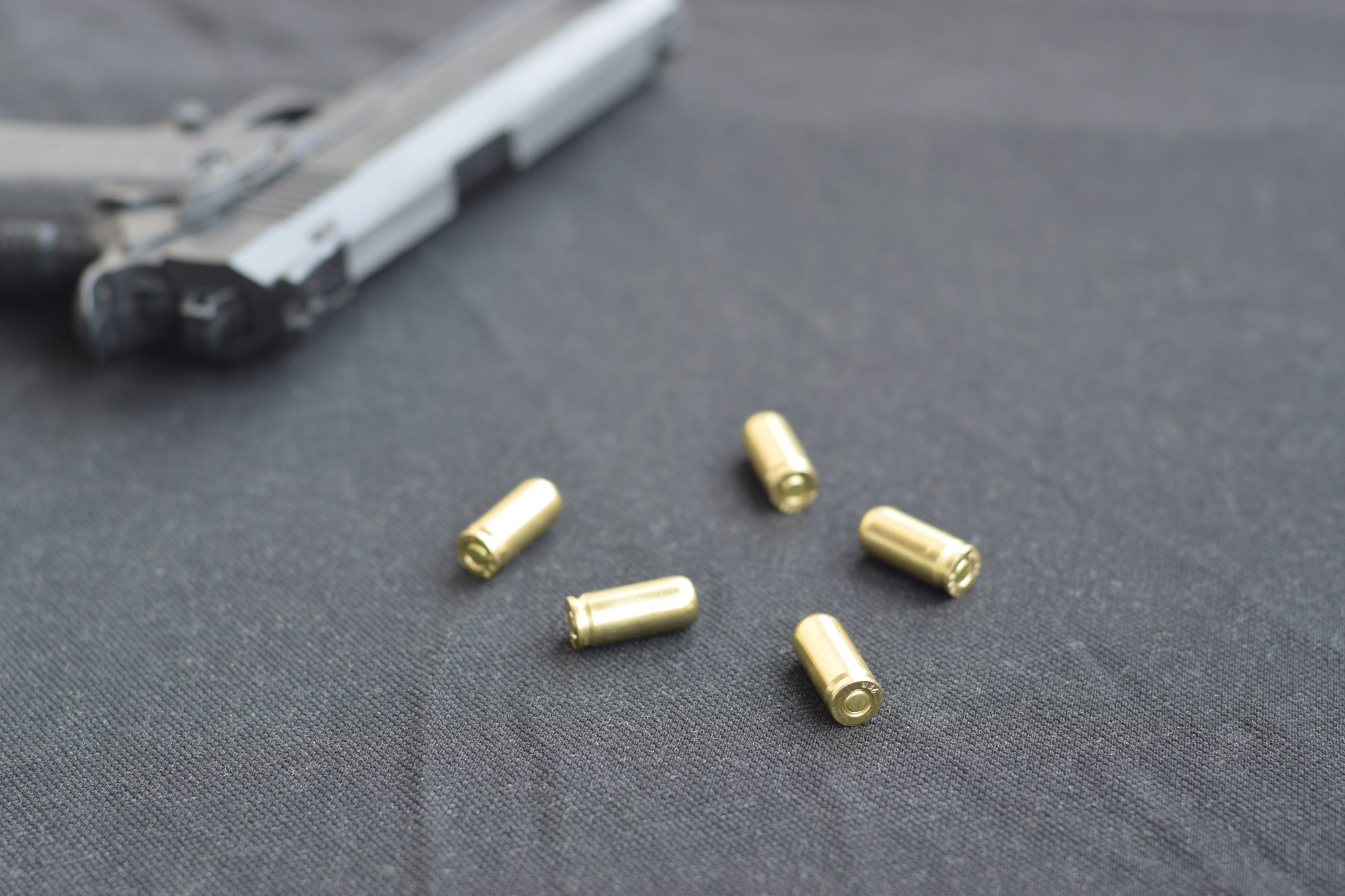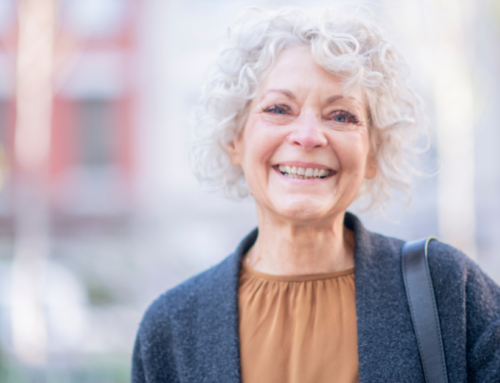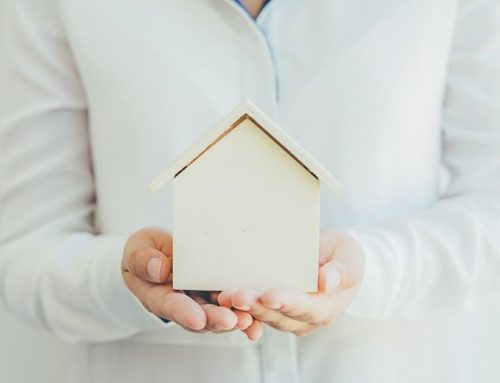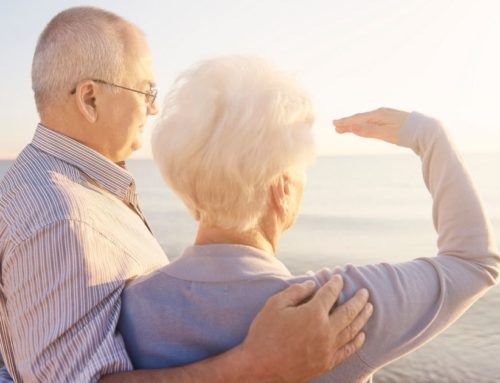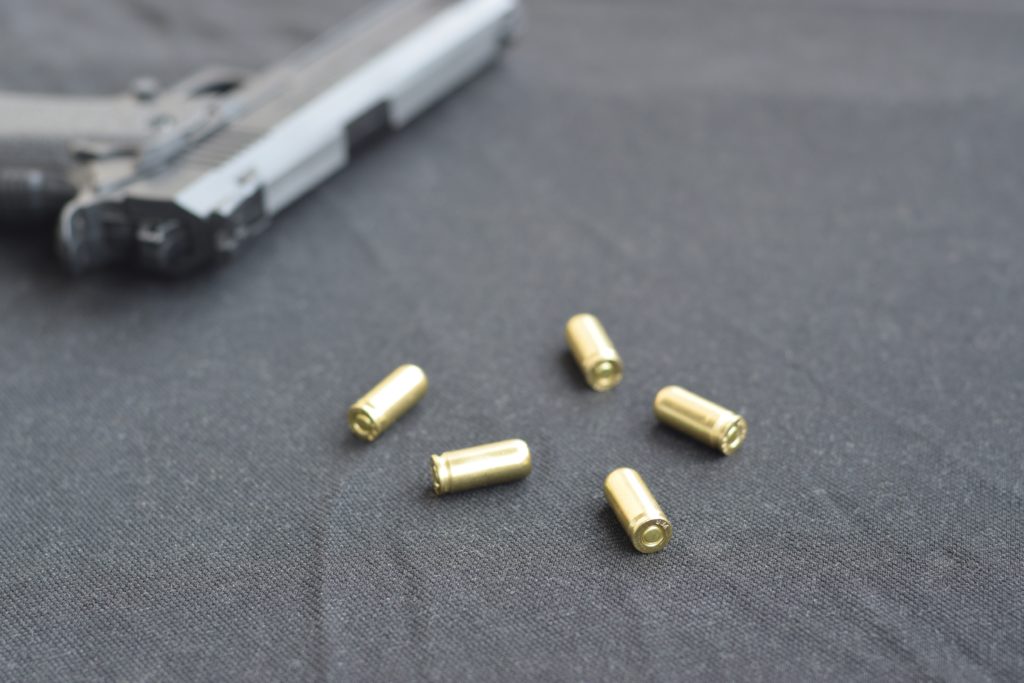
Firearms have a unique history in the United States, and the topic of gun control here is often controversial. You are probably familiar with some of the common discussions about gun safety, but you might not be aware that gun ownership can also produce some unexpected situations down the road. Today, I’m not addressing questions about gun control from a political standpoint. Instead, I want to talk about how gun ownership can become a completely different issue when a gun owner becomes elderly.
What many people do not account for when buying a gun is what might happen when they grow older. As the owner of an elderly care agency, this is an issue I have become aware of from first-hand experience.
Discovering the Importance of Accounting for Gun Ownership
I suddenly realized that the question of gun ownership was an important factor in caregiving a few years ago when an elderly client of mine transitioned from our in-home care services into a memory care facility. As I helped his fiduciary handle assets from his home, we soon came to find numerous firearms stashed throughout the house.
Hiding valuables is a common behavior we sometimes see in older clients, especially dementia patients. I knew that my client meant no harm by stashing his weapons, and at no point during his care did any of my caregivers feel unsafe or threatened. But the reality is that if my client had, at any point, revisited his gun stash when he was no longer fully cognitive, it could have posed a threat to his friends, family, caregivers, or himself.
Luckily, New Wave Home Care has never faced any dangerous situations due to firearms. However, the experience did raise my awareness about the importance of taking precautions with elderly gun ownership. New Wave Home Care, as an elderly care agency, has a responsibility to take the unexpected into account. This includes helping our clients and their families know how to account for the increased risks of owning firearms as one grows older.
What Factors Make Elderly Gun Ownership Difficult?
Many adults own firearms for the majority of their lives, and have a respectful and responsible relationship with guns. However, they might become less capable of gun safety as time passes.
This is especially true in the case of elderly individuals who require a higher level of assistance, such as those who need daily caregiving. I mentioned earlier that a client of mine developed dementia, and that was when his gun ownership became a cause for concern that should have been accounted for earlier on.
If a person has any form of dementia, they might have unpredictable moods or confusion that could make gun ownership unsafe. Likewise, some elderly adults might experience physical handicaps that make it more dangerous for them to wield a firearm. Someone with Parkinson’s, for example, is not fully capable of holding and shooting a weapon safely.
What to Do and How to Plan
You might be wondering how to act responsibly if your elderly parent or loved one owns guns. In my experience, the best course of action you can take is preparedness. Creating a plan for the future is always the safest option.
This might include having written legal documents determining who will become responsible for the firearms if your loved one’s cognitive abilities ever decline. You can also plan where you will keep guns if they are in the house, how you will store them, and who will have access to passcodes if they are stored in safes or other storage units.
Another important precaution to take with elderly gun ownership is to be able to regularly reevaluate the situation. A person might be capable of handling a firearm at one point, but gradually or even rapidly become incapable of doing so. If you are responsible for the wellbeing of an elderly parent or loved one, remember to revisit the topic periodically to confirm that you are still taking the best-suited precautions for the situation.
Working with Families to Establish Gun Safety
It might be difficult to realize the potential issues with elderly gun ownership if a person has owned and used guns safely for the majority of their life. Sometimes my clients’ children and families struggle to understand the importance of planning for firearm safety. They often explain that they’ve seen their parent or loved one use guns their entire life–they may have grown up with them in the house, and from their perspective, nothing has really changed.
The reality is that their parent’s abilities likely have changed, it is just difficult to see those changes from an inward perspective. This is where New Wave Home Care can help. We always work with our clients’ families to prepare for unexpected circumstances, those that might be difficult to account for without the outside insights of caregiving professionals. This can include helping families develop a new perspective on gun safety.
In this process, we can help families establish a criterion to use and revisit as a form of evaluation. Ultimately, this practice will keep everyone better prepared and better protected when there are firearms present in an elderly person’s home.
Keeping Everyone Safe
Regardless of one’s feelings towards gun control, the reality is that many individuals own firearms in the United States. This can create unexpected issues when a gun owner grows older. Therefore, it’s important to account for whether or not you, a loved one, or friend might own firearms that could become a safety hazard in the future.
Ultimately, our goal at New Wave Home Care is to keep our clients, their families, and our caregivers safe. In the case of gun safety, this requires taking precautions and preparing for potential changes in the future. Having a plan when owning a gun is always important, and this includes accounting for what might happen to a gun owner with age.
